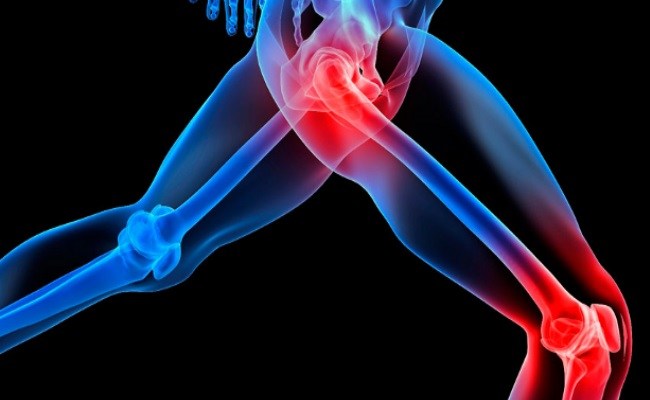
Lives Saved with Omega 3
Prevent Bone Loss and Boost Bone Density
The British Journal of Nutrition recently published their study of Omega 3 and bone health: Researchers divided middle-aged rats into 3 groups. One group received a diet high in Omega 3, a second group got a mix of Omega 6 and Omega 3 and the last group was fed only Omega 6.
The first group – who received the highest level of Omega 3 – had the highest bone mineral and bone density, with an enhanced ability to absorb calcium. They also showed high levels of the various hormones and bio-chemicals needed for bone production.
Another study in the American Journal of Clinical Nutrition proved the same in a human study. After following 1,500 men and women for four years, they found those who consumed the highest level of Omega 3 had the strongest bones and the smallest risk of osteoporosis.
Relieve Joint Pain Safely
With recent scandals revealing the risky and sometimes fatal effects of prescription painkillers like Vioxx and Celebrex, Omega 3 are safer, more effective alternative, especially for long-term relief.
The British medical journal Lancet found that people who took Omega 3 for six months reported less arthritic pain than those who didn’t. Their research suggests that Omega 3 restores mobility and quality of life to those who suffer from chronic joint pain.
A few years ago, the American Journal of Clinical Nutrition reported that Omega 3 relieves swollen, painful joints associated with rheumatoid arthritis. Other studies, like the one mentioned in Nutrition and Metabolism, show Omega 3 improve our morning stiffness, pain index, and grip strength.
Slash Your Risk of Cancer
With the rising levels of inflammatory Omega 6 in our food, studies from around the world show the resulting lack of Omega 3 is linked to rising cancer rates.
But there’s good news… New research shows Omega 3 prevents the progression of breast and prostate cancer cells – both in animal and human trials. In one study, those who added Omega 3 to their diet had a dramatic 40% increase of a natural cancer-suppressing biochemical compared to those who didn’t.







